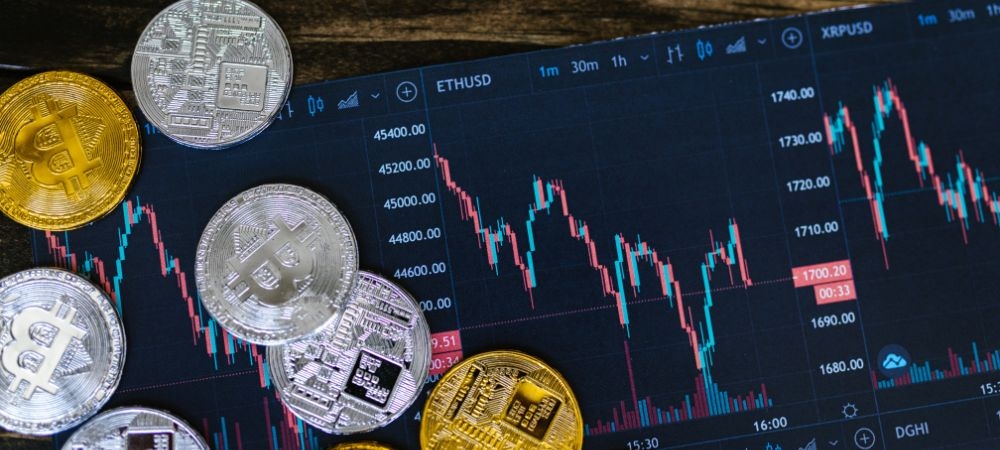

Decentralized applications, or dApps, are totally unlike traditional centralized applications. These dApps work on blockchain technology, which means they aren't controlled by any single entity. Instead, they operate through a network of computers that all have a copy of the data. This makes dApps more secure and resistant to censorship compared to traditional apps that rely on a central server.
One big difference between dApps and centralized apps is how they handle user data. In a decentralized app, users have more control over their own information since it's stored across multiple nodes in the network. Access additional details visit this. With traditional apps, your data is often stored on a single server owned by the company behind the app - meaning they can access and even sell your information without your consent.
Another thing that sets dApps apart is their ability to run without downtime or disruption. Since they are hosted on a decentralized network, there's no central point of failure like with traditional apps. This means dApps can keep running even if some nodes go offline.
Overall, dApps offer greater security, privacy, and reliability compared to centralized applications. It's no wonder why they're gaining popularity among users who value these qualities in their digital tools!
So, when it comes to dApps, there's no denying that they bring a lot of benefits to the table. One major advantage is the increased security they offer. With traditional centralized applications, your data is stored on servers controlled by a single entity, making it vulnerable to hacks and breaches. But with dApps, your data is spread across a decentralized network, making it much more secure.
Another big plus of using dApps is their censorship resistance. In today's world, where governments and corporations are constantly trying to control what we can and cannot access online, having a tool that allows us to bypass these restrictions is invaluable. With dApps, no one can shut them down or censor the content they host.
Overall, the benefits of using dApps are clear. They provide increased security and censorship resistance that traditional applications simply can't match. So next time you're considering which app to use for your needs, maybe give a dApp a try - you might be pleasantly surprised by what they have to offer!
Ethereum and Bitcoin be two major cryptocurrencies in the market.. Many people ask, "What is Ethereum and how does it differ from Bitcoin?" Well, let me tell ya, Ethereum ain't just a digital currency like Bitcoin.
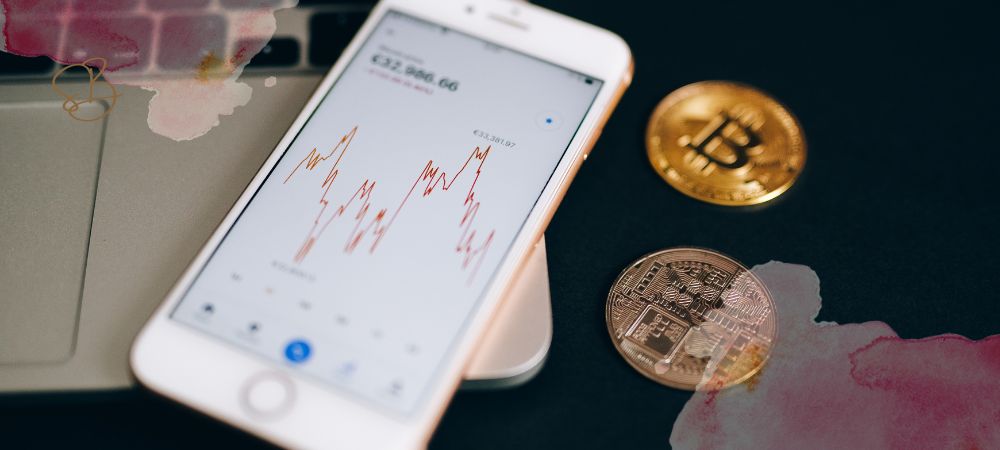
Posted by on 2024-04-28
The future outlook for the adoption of smart contracts in various industries looks promising.. Smart contracts on the Ethereum blockchain serve as a tool to automate and secure transactions, eliminating the need for intermediaries and reducing costs.
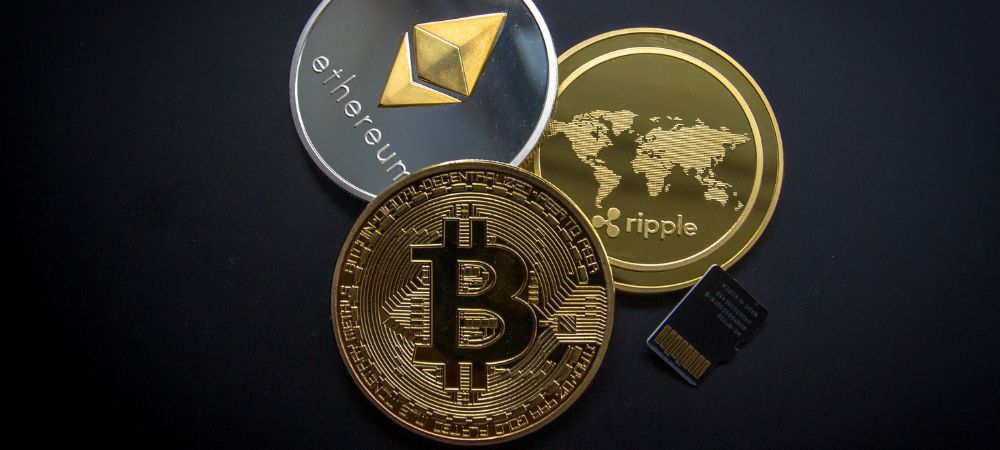
Posted by on 2024-04-28
Let's talk about the possible future developments and enhancements for Ether in the Ethereum ecosystem.. There ain't no doubt that there are many exciting possibilities on the horizon for this cryptocurrency.
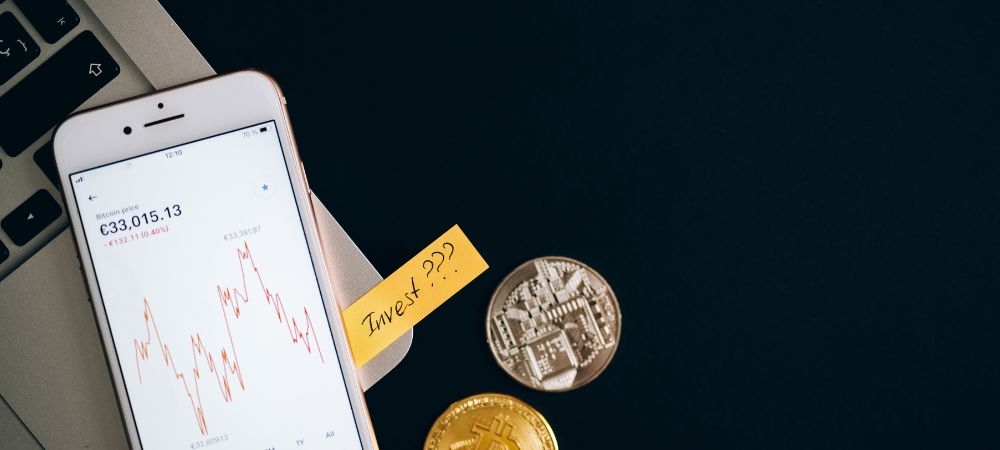
Posted by on 2024-04-28
Investing in Ethereum can be a great way to grow your wealth over time.. By putting your money into this cryptocurrency, you could potentially see significant returns on your investment in the long run.
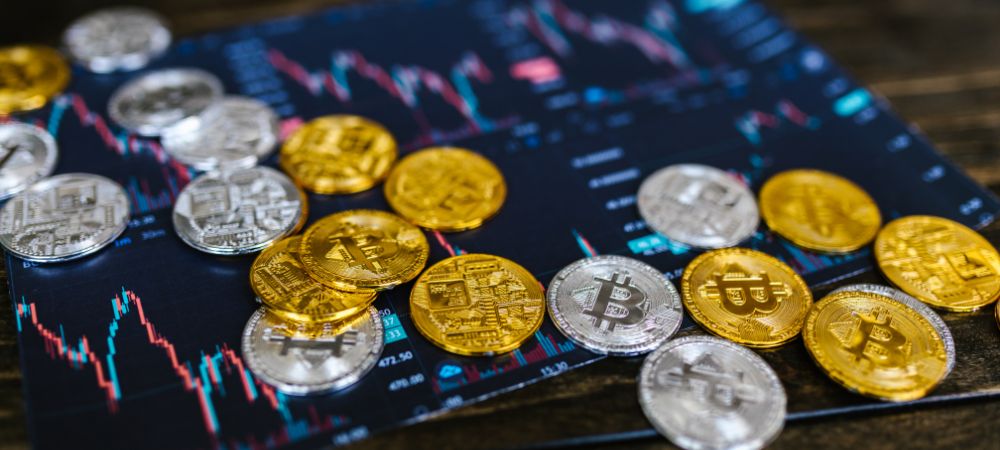
Posted by on 2024-04-28
When it comes to trading Ethereum, there are several tips that can help you maximize profits and trade like a pro.. First off, don't forget to do your research before making any trades.
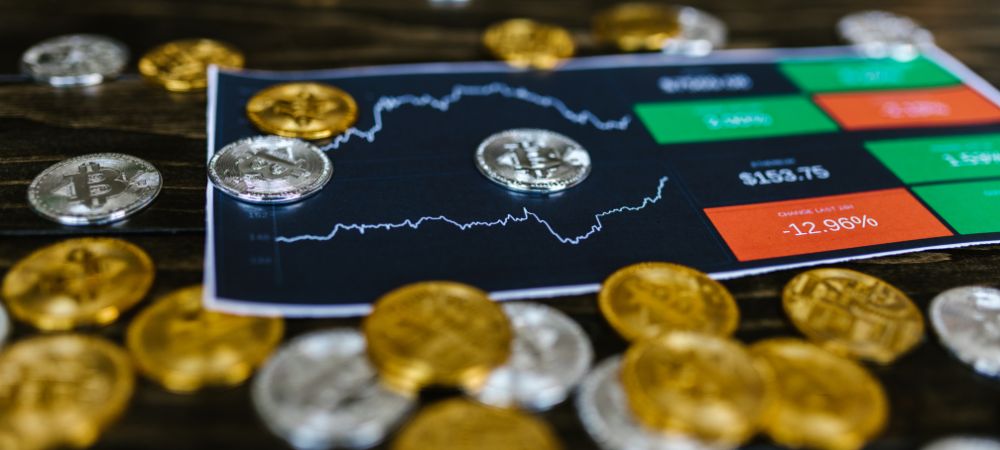
Posted by on 2024-04-28
Investing in Ethereum can be a great way to secure your financial future, but there are some risks and challenges that you should consider.. One of the biggest risks is the volatility of the cryptocurrency market.
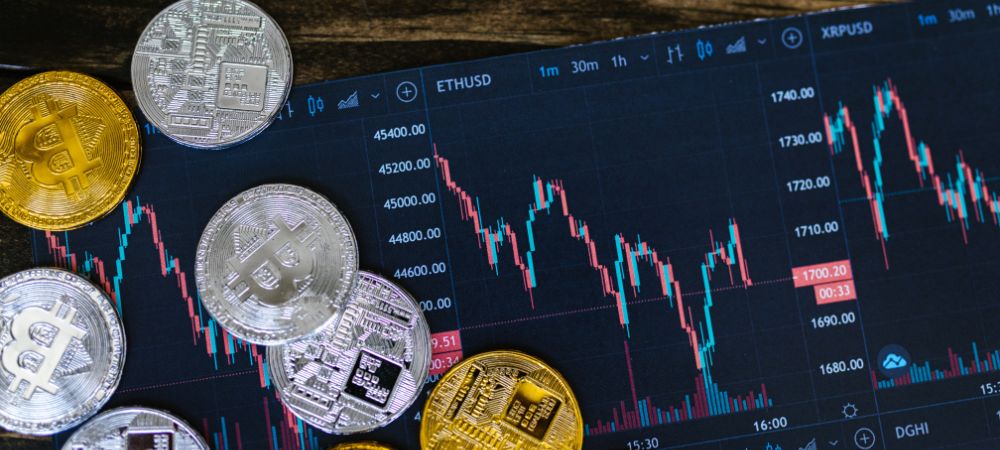
Posted by on 2024-04-28
Ethereum bein' a powerful blockchain platform, it provides developers with the tools to create and deploy dApps. These decentralized applications, or dApps for short, allow users to interact with each other without the need for a central authority. This means that transactions can be made securely and transparently without the interference of third parties.
Developers ain't restricted in terms of what kind of dApp they can create on Ethereum. They have the freedom to build any type of application they desire, whether it be a financial service, a gaming platform, or a social network. The possibilities are endless!
One of the key features of Ethereum is its smart contract functionality. Smart contracts are self-executing contracts with the terms of agreement directly written into code. This allows for trustless interactions between parties as the code automatically enforces the rules set forth in the contract.
In addition, Ethereum's decentralized nature ensures that dApps are resistant to censorship and downtime. This means that once a dApp is deployed on the Ethereum network, it cannot be taken down by any single entity.
Overall, Ethereum provides developers with a robust platform to create and deploy dApps that can revolutionize various industries. With its smart contract capabilities and decentralized architecture, Ethereum truly is paving the way for a more secure and transparent future.
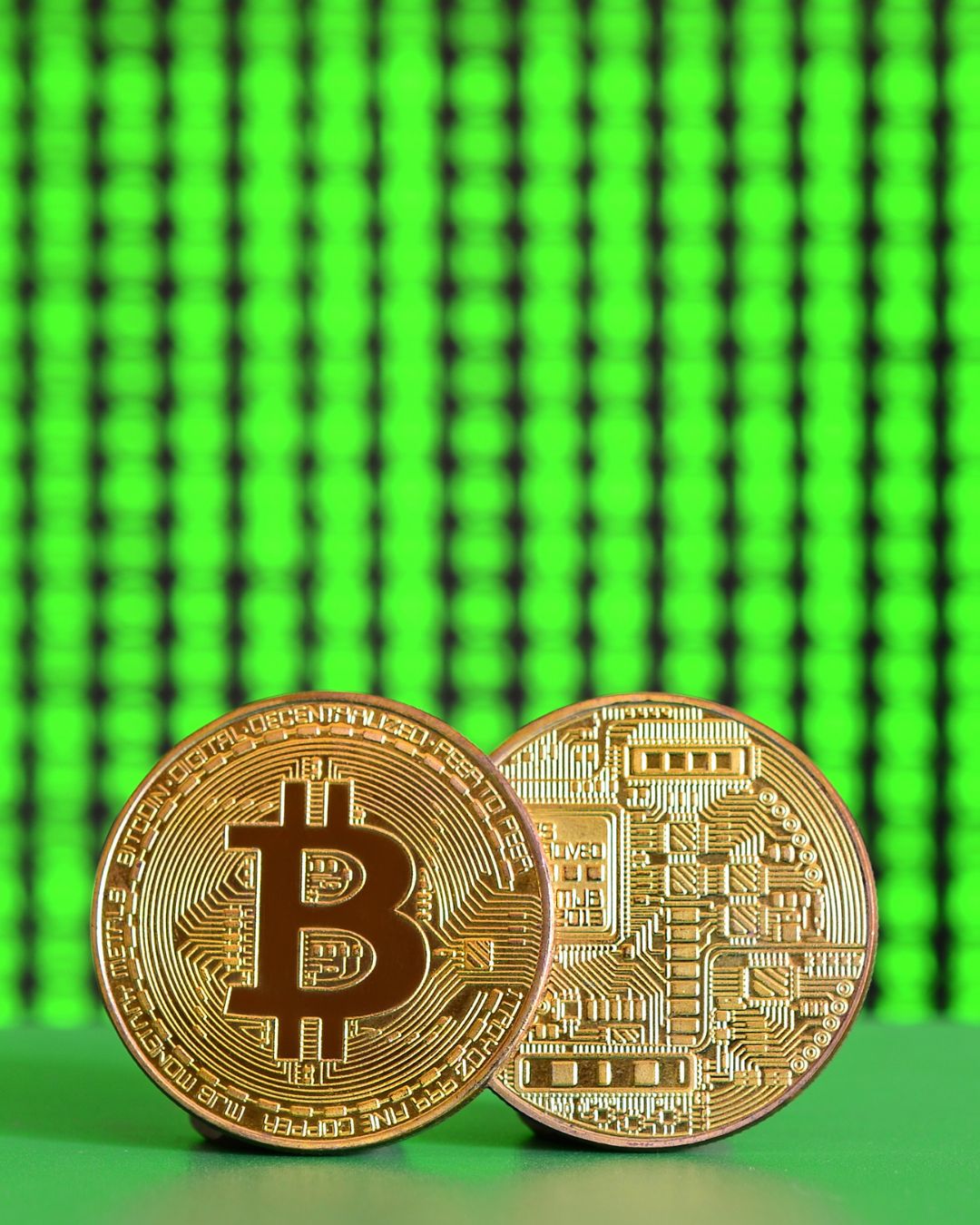
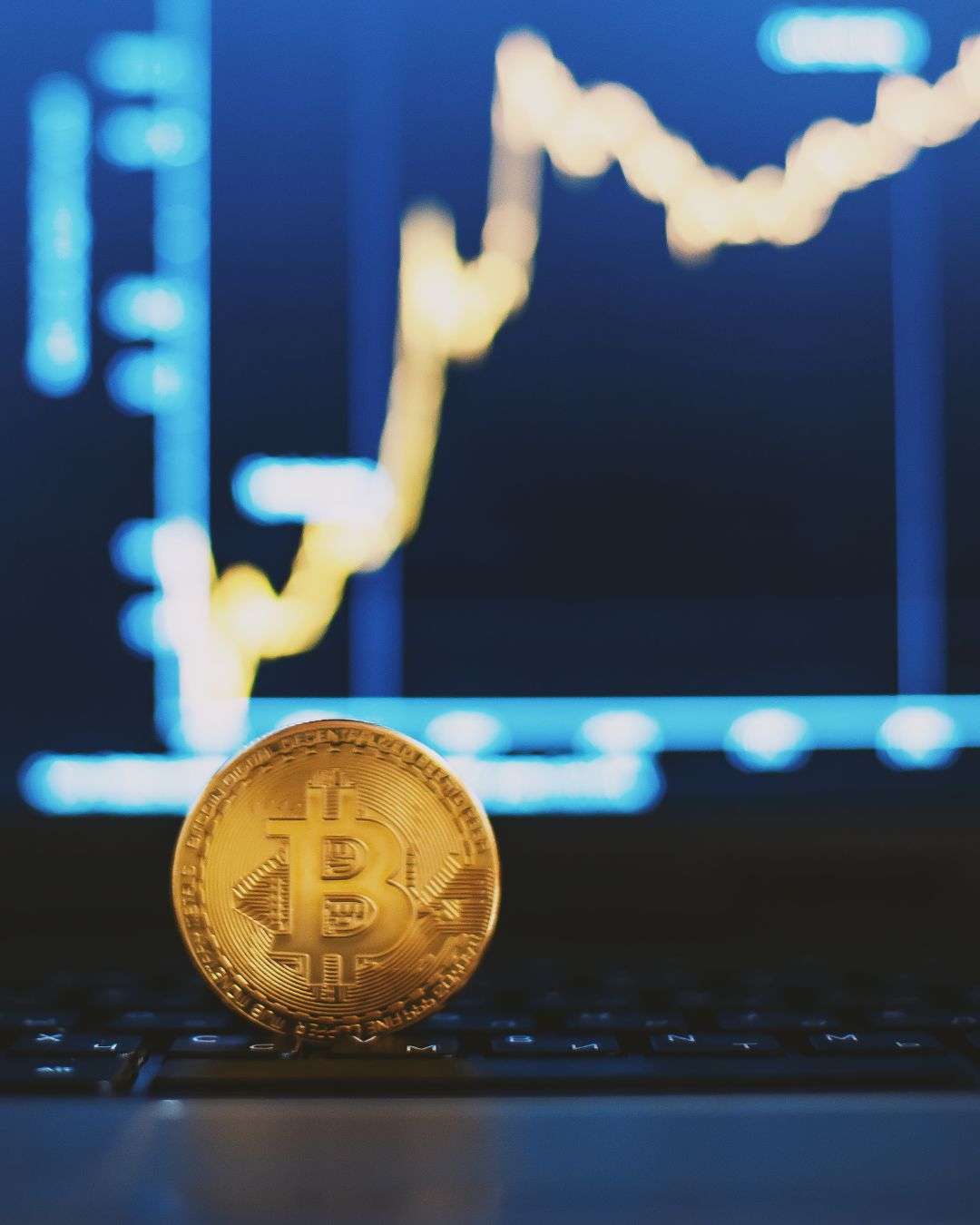
Oh man, have you heard about some of the popular dApps that were built on the Ethereum network? There are so many cool ones out there! Like Uniswap and Compound, they're both super popular in the crypto world. Uniswap is a decentralized exchange that allows users to easily swap between different cryptocurrencies without needing to go through a centralized exchange. And Compound is a lending platform where users can borrow and lend cryptocurrencies with each other.
I mean, these dApps are really changing the game when it comes to decentralized applications. They're making it easier for people to interact with blockchain technology and access financial services without having to rely on traditional institutions. It's pretty amazing what developers have been able to create using Ethereum's smart contract capabilities.
So if you're interested in getting involved in the world of decentralized applications, definitely check out some of these popular dApps on the Ethereum network. You might just find yourself hooked on this new way of interacting with the digital world!
Developing decentralized applications, or dApps, can be a challenging task for developers. One of the biggest obstacles that they often encounter are scalability issues. These problems arise when the dApp needs to handle a large number of users and transactions at the same time, causing slow processing speeds and network congestion.
Another major challenge faced by dApp developers is the high gas fees associated with using blockchain technology. Gas fees are essentially transaction fees that users must pay to execute smart contracts on the blockchain. These fees can fluctuate greatly depending on network activity and can become prohibitively expensive for developers looking to deploy their dApps.
Despite these challenges, many developers are still drawn to the world of decentralized applications because of the potential benefits they offer in terms of security, transparency, and decentralization. By finding innovative solutions to scalability issues and working to reduce gas fees, developers can help make dApps more accessible and user-friendly for a wider audience.
In conclusion, while there are certainly challenges facing dApp developers, these obstacles can be overcome with determination and creativity. With continued advancements in blockchain technology and a growing community of developers collaborating on solutions, the future looks bright for decentralized applications.

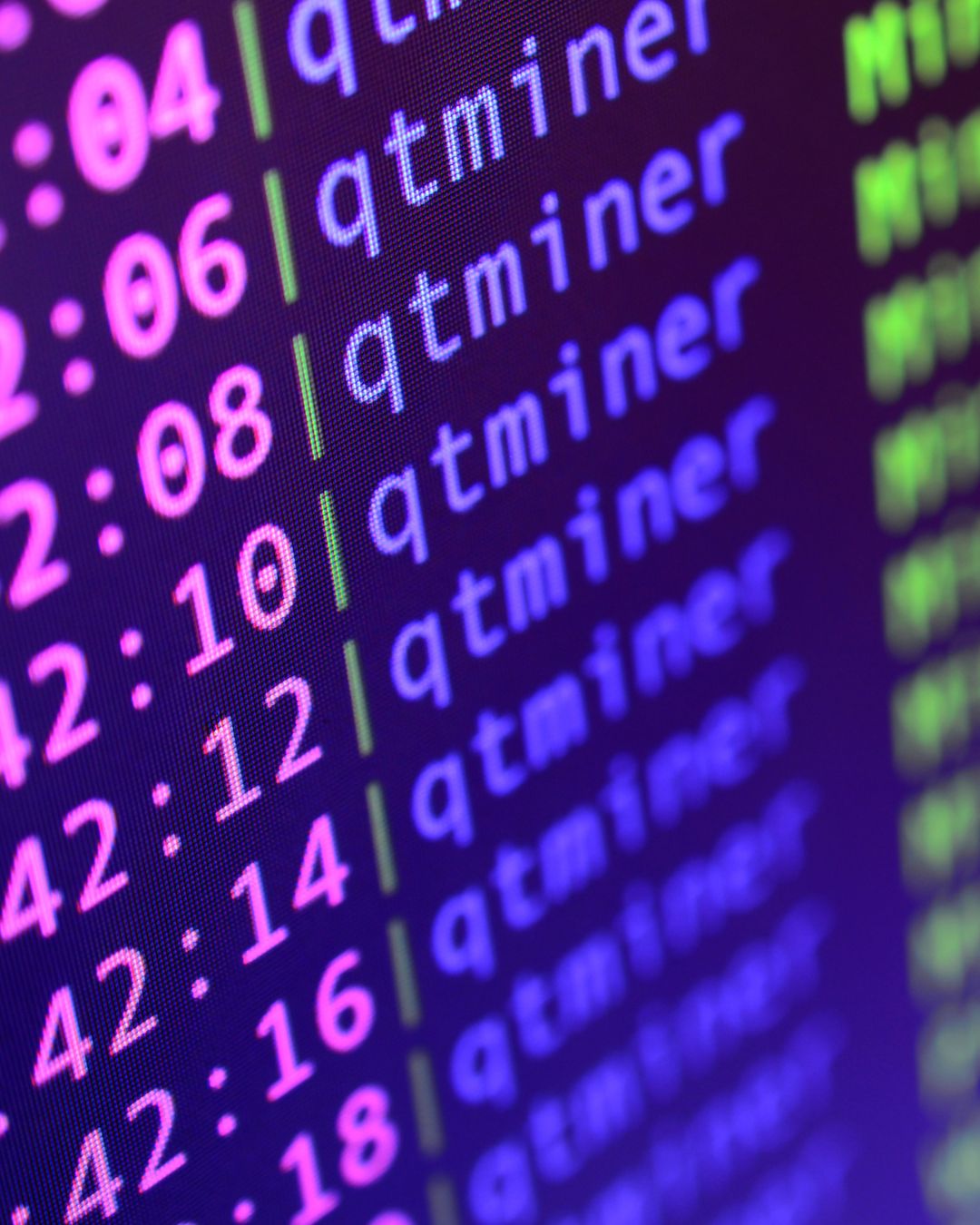
The future outlook for decentralized applications in the blockchain industry looks promising. With more and more developers getting interested in dApps, there is a lot of potential for growth and innovation. Decentralized applications offer a way to create secure, transparent, and efficient systems that can revolutionize various industries.
One major advantage of dApps is their ability to eliminate single points of failure and censorship. This means that users have more control over their data and transactions, leading to increased privacy and security. Additionally, dApps are often open-source, allowing for collaboration and improvement from a wider community of developers.
But it's not all sunshine and rainbows for decentralized applications. There are still challenges to overcome, such as scalability issues and user adoption. However, with advancements in technology and increasing awareness about the benefits of decentralization, these obstacles can be addressed over time.
Overall, the future for decentralized applications in the blockchain industry is bright. As more companies recognize the value of dApps in creating trustless systems and empowering users, we can expect to see continued growth and innovation in this space. So keep an eye out for exciting developments in the world of dApps!